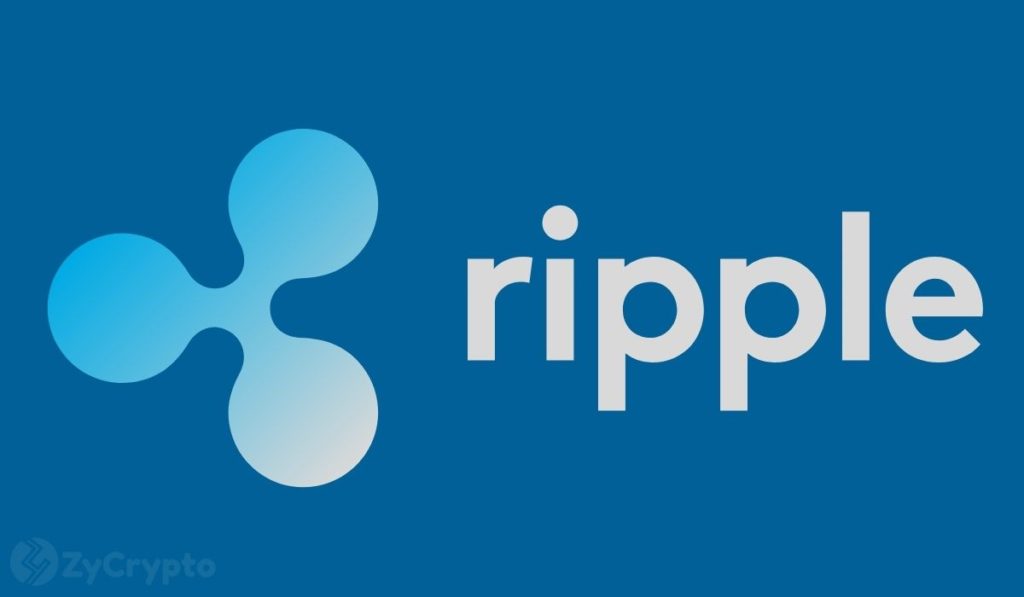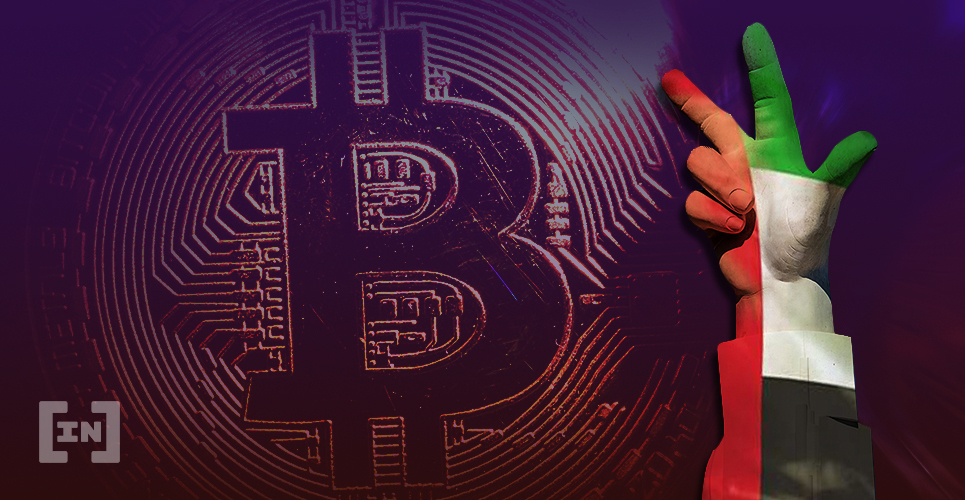2024-6-28 07:00 |
Cryptocurrency adoption has witnessed a significant surge globally, with the United Arab Emirates (UAE) and Vietnam emerging as frontrunners in embracing digital assets.
Recent data from Triple-A has particularly shown that roughly 30.4% or 3 million people of the UAE’s population now own cryptocurrency, positioning the nation as a leader in the global fintech arena.
The Second Leader And The LaggardsSimilarly, Vietnam has seen a notable rise in crypto engagement, with 21.2% of its population, equivalent to about 21 million people, also involved with cryptocurrencies.
This trend in Vietnam surpasses that of Singapore, a developed nation known for its sophisticated financial landscape.
The preference for cryptocurrencies in Vietnam points to a broader trend in emerging markets where digital assets are increasingly viewed as viable avenues for investment and wealth diversification.
Meanwhile, despite its financial prowess, Singapore shows a more conservative crypto adoption rate of 11.1%, which suggests a cautious yet steadily growing engagement with the sector.
The United States, Iran, the Philippines, Brazil, and Saudi Arabia also showcase significant adoption rates, highlighting the diverse appeal of cryptocurrencies across different economic contexts.
About 15.6% of the US population owns digital currencies, with nearly 53 million Americans participating. This engagement is supported by regulatory milestones such as approving spot Bitcoin and Ethereum exchange-traded funds (ETFs).
On the other hand, countries like Iran and the Philippines have adoption rates of 13.5% and 13.4%, respectively, indicating a strong inclination toward digital assets as tools for financial empowerment and wealth formation.
Global Regulatory Trends in Crypto: How Nations Are AdaptingFurthermore, as countries worldwide embrace digital currency, they seem to be stepping up their respective regulatory frameworks to manage this sector.
For instance, the Monetary Authority of Singapore (MAS) has recently updated the Payment Services Act, introducing a more comprehensive regulatory framework.
These amendments include provisions for the custodial services of digital payment tokens (DPTs), facilitating their transmission, and overseeing cross-border money transfers.
The scope of these regulations also extends to transactions involving funds from outside Singapore, granting MAS the authority to enforce stringent measures on DPT service providers.
This approach aims to address risks associated with digital assets effectively. MAS will be able to enforce standards related to anti-money laundering, countering the financing of terrorism, user protection, and financial stability.
Concurrently, MAS has published guidelines that set forth consumer protection norms for entities providing DPT services, which will take effect on October 4.
In contrast, the United States has adopted a somewhat stricter stance on crypto regulations. Although it has recently authorized Bitcoin and Ethereum spot ETFs, there remains a strong desire for a pro-crypto candidate to win the upcoming US election, potentially unlocking further opportunities for digital currency in the region.
Featured image created with DALL-E, Chart from TradingView
origin »Bitcoin price in Telegram @btc_price_every_hour
Decentralize Currency Assets (DCA) на Currencies.ru
|
|















